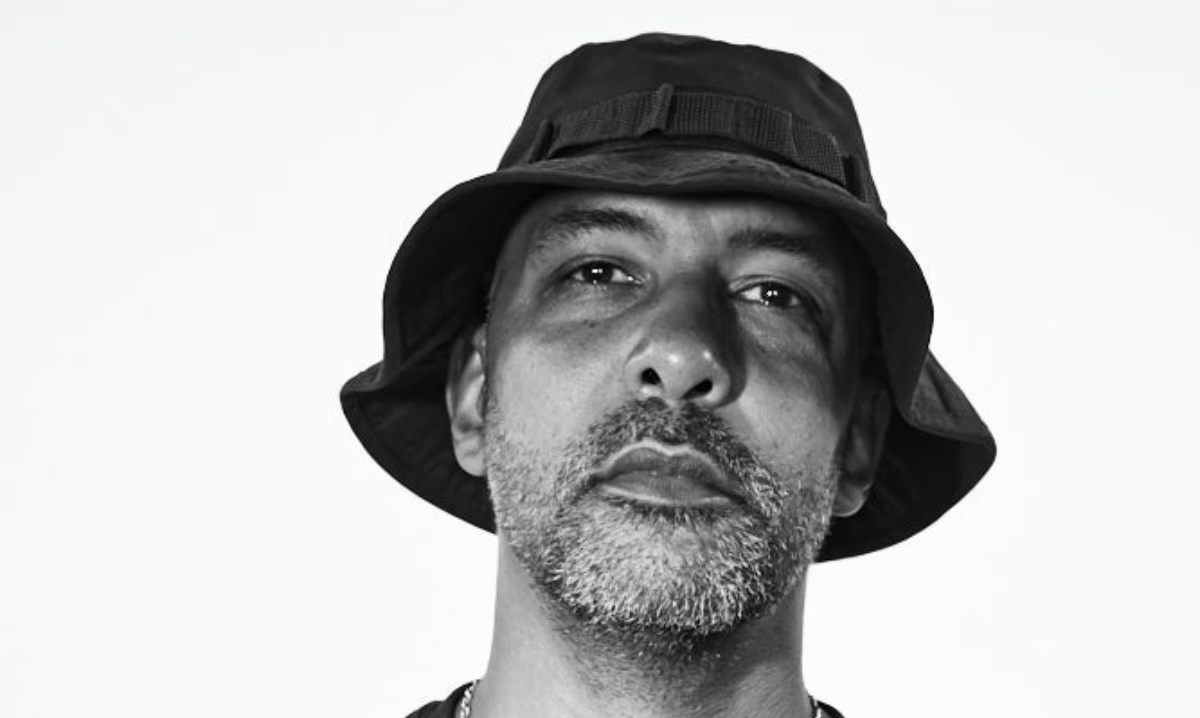Sean Behl Q&A: “We have no student voice in DC, and that is not acceptable”
Sean Behl, 21, is the Vice President of Community and Technical College Student Affairs in the Washington Student Association (WSA). As a political science major, he is currently attending the University of Washington in Seattle, where he serves as the Director of Legislative Affairs for the undergraduate student population. He is also the political director of King County Young Democrats. Last year, Sean served as the Student Body President of Bellevue College.
Q: How was your experience as president of the student government at Bellevue College?
A: I loved it! I had the opportunity to do a lot, because I came into an office with a lot of dysfunction. During my time there, we rewrote the constitution, bylaws, financial codes, and so much more. My biggest project was that we created and started a new student senate, which created 14 new paid leadership opportunities for students. I very much believe in entirely student-led organizations, especially Community and Technical College (CTC) students, who are 270,000 in Washington.
Q: Why did you join WSA?
A: I am genuinely passionate about the work, particularly the CTC students. I want to serve my fellow students because if I have the ability to, why wouldn’t I? I mean, why wouldn’t you? This is an organization that could get me in rooms with legislators so that I can advocate for my students. It really comes down to whether I have the ability and time to advocate for them. Why wouldn’t I? I also have a strong work ethic, and WSA has provided me with an outlet for me to use my passion more directly.
Q: What are some of the bills that you have passed while in WSA?
A: Last year, we passed seven bills during a short session. Our two biggest ones were Senate Bill 5904, meaning that people now have six years instead of four to be eligible for the Washington College grant. This bill is the most equitable financial aid program in the country, sending 125,000 students in the state to college each year tuition-free. I would not be where I am without the college grant. The other big bill that we passed was House Bill 1889, which gave undocumented students the right to apply for and receive professional licenses.
Q: How has your journey in WSA been so far?
A: I have been working with them for almost a year, and my journey has been nothing short of amazing. The best part about this work is that it looks different all the time. You could be working on a bill that students from your campus want, or you could be working on a bill that students from other campuses really want. Every week looks different.

Q: What issues are WSA focusing on right now?
A: Our general assembly for fall will be coming up in a couple of weeks, and we will be adopting our state-wide legislative agenda. We will continue to work on expanding financial aid, advocating for sexual assault prevention and care, and housing and food assistance. One in three students in Washington state faces food insecurity, and another high percentage of them face housing insecurity. I have actually faced housing insecurity during my time at Bellevue College. As a student, especially a student employee, that was not fun to deal with. I’ve also seen that it is very hard for students who are not wealthy or do not come from the upper-middle class to succeed in our institutions, which is something that we want to tackle. Other issues that we will be working on include getting more physical health resources on our campus, supporting undocumented students, and working with our universities to get the state to fund them more.
Q: How is the United States Student Association (USSA) coming along?
A: So far, we have brought together state student associations from 10 states, including New York and California. We meet weekly to discuss how to rebuild the USSA successfully. The spring quarter of next year will be officially voting to rebuild the organization. We will be governing documents and electing a president, a vice president, and other executive members of USSA. This will be the first time we will have a national student leadership in nearly a decade. Students don’t have a voice at the highest level of government in the country, which is an incredible disservice, considering there are tens of millions of students there. We have no student voice in DC, and that is not acceptable.
Q: What are your thoughts on the Washington state budget errors?
A: I’m concerned. I’m worried because that is going to impact decision-making for the CTC. It will be very disappointing for many campuses that have started new programs or funded things they can no longer fund. Unfortunately, I do anticipate those will be student services. I’m hoping that the state will be able to fund the 30 million; however, if they are not able to do so, it’s going to have bad consequences not just for our colleges but for our students as well.
Q: What actions does WSA plan to take regarding the state budget error?
A: I will be writing proposals to the general assembly to allow us to work on this with the SBCTC (State Board for Community and Technical Colleges), specifically our CTC student leaders, to lobby on it. Legislators want to hear from actual students. When students testify, people on the committee pay more attention. At the national level, 99% of the Senate and 94% of the House have college degrees; they know what it’s like to be in our shoes as students.
Q: What are some of the toughest decisions you’ve had to make in WSA?
A: Prioritizing the issues that we will bring to legislators. The top of that list is usually the Washington College grant, and after that, it’s policies for housing and food security, and after those two, it can really be anything. We have a very successful history of advocating for our students. We know that we will be successful in a lot of the things that we push for, and knowing that we have to cut one or two issues in order to get other issues through is a difficult position. This is why financial aid, and food and housing security, are always at the top because we can’t tackle other issues that our students face if we don’t have students to advocate for, and that is a very real possibility if they can’t afford to go to college.

Q: What’s your advice for those taking on leadership roles?
A: Don’t do it for a resume or for the paycheck; do it for service. If you genuinely love and care for the people that you are advocating for and leading, other things will come. People are more likely to set you up for good positions if they know that you are a good leader. Don’t ask those who report to you to do something that you wouldn’t do. A good leader should inspire those around them to get involved and get engaged.
Q: How do you juggle school work and the extracurricular activities you are involved in?
A: I’m juggling four positions right now. Yes, it makes things difficult, but I could never take on a role that I couldn’t manage because it would be unfair to the students that I would be representing. I’m very good about scheduling meetings vs. the classes. I’m very good at finding time to do my readings and assignments, and that’s been a learning curve. I’ve been a student leader for almost three years now; my first year was difficult because I didn’t know how to balance everything. However, my grades haven’t slipped since I have been in these positions, and I wouldn’t have let them.

Q: In the documentary “Becoming a Student Leader with Sean Behl”, you mentioned that coming into college you had really bad anxiety. How did you handle that, and what advice would you give students struggling with anxiety?
A: I struggled with anxiety and depression when I was 15 years old, through 18 to 19. In high school, I couldn’t handle entering a classroom; I would get shaky and nervous. I was largely a pretty social guy, but it got really bad in 2019. The reason why I got involved with leadership in my second year at Bellevue College was that I knew if I continued the way I was going, I was not going to be able to get enough to serve my future patients—I was studying medicine at the time. In 2019, I couldn’t enter a classroom with 20 people; in 2024, I spoke to a stadium of 10,000 people at my commencement speech, which I thought went well. I still struggle with anxiety, but I’ve learned how to turn anxiety into excitement. The best thing you can do if you have anxiety is to force yourself to get out of your comfort zone and find someone around you who doesn’t have anxiety to latch on to. It’s a learning curve; I’m not where I want to be in terms of anxiety.
Q: What are your top three personal values?
A: Purpose, community, and service.
Q: How do you unwind?
A: I’m usually always working non-stop. There are two times that I don’t do that, which is when I’m traveling or at the movie theater. I go to the movie theater at least two to three times a week. I love films, and that is usually my “me time.”

Mbaire is an international student at Seattle Central College, majoring in economics. Whether she’s traveling, diving into a good book, or catching up on her favorite shows, Mbaire loves exploring different perspectives. As a writer for the Seattle Collegian, she enjoys interviewing people and uncovering the stories that connect us, hoping to offer her readers thoughtful insights and spark meaningful conversations.







